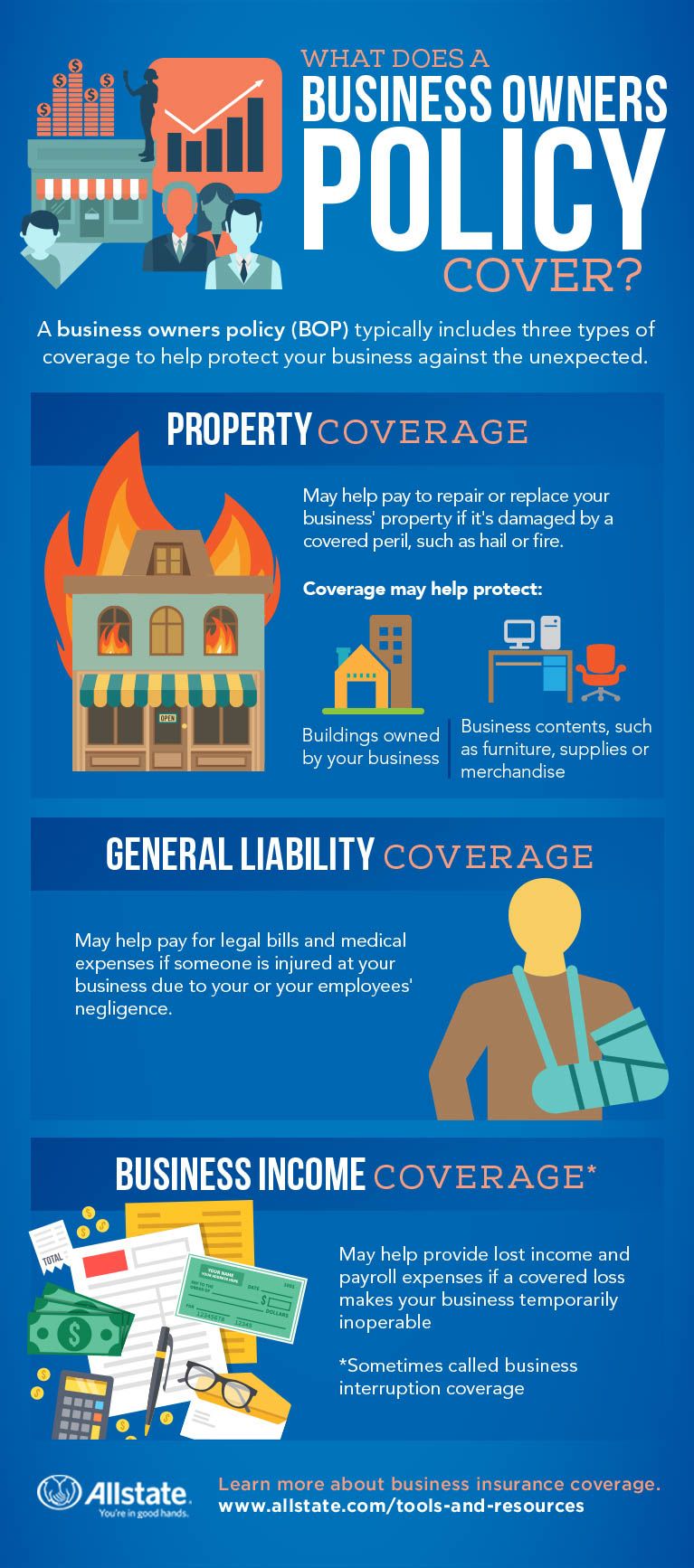As a small business owner, you’re no stranger to taking calculated risks. However, there’s one risk you shouldn’t take: not having the right insurance coverage in place. Your business is your livelihood, and unexpected events can quickly derail even the best-laid plans. That’s why having unique insurance coverage tailored to your small business needs is crucial.

In this guide, we’ll delve into the world of small business insurance, exploring the various types of coverage available and how to choose the right policies for your company. Whether you’re a startup or an established entrepreneur, this in-depth look at small business insurance will give you the knowledge you need to protect your business and secure its future.
Why Small Business Insurance Matters
Imagine this: your business is humming along, with customers pouring in and revenue streaming in. But then, disaster strikes. A fire ravages your storefront, or a key employee sues for damages. Without the right insurance coverage, these events could spell financial ruin for your business.
Small business insurance provides a safety net, shielding your company from the unexpected. It helps you to:
- Mitigate financial loss
- Protect your assets and reputation
- Comply with regulatory requirements
- Attract and retain top talent
With the right insurance coverage in place, you can focus on what you do best: running a successful business.
Types of Small Business Insurance Coverage
When it comes to small business insurance, there are numerous types of coverage available. Here are some of the most common policies you should consider:
- General Liability Insurance: Protects your business from third-party lawsuits alleging bodily injury, property damage, or personal injury.
- Professional Liability Insurance: Also known as errors and omissions insurance, this coverage protects your business from claims of professional negligence.
- Business Interruption Insurance: Provides financial support in the event your business is forced to close due to unforeseen circumstances, such as a natural disaster or equipment failure.
- Cyber Liability Insurance: Shields your business from cyberattacks and data breaches, which can lead to costly lawsuits and reputational damage.
- Workers’ Compensation Insurance: Required by law in most states, this coverage provides financial support to employees injured on the job.
- Commercial Property Insurance: Protects your business’s physical assets, including buildings, equipment, and inventory, from damage or loss.
- Directors and Officers Insurance: Safeguards your business’s leadership team from claims of mismanagement or wrongdoing.
- Business Auto Insurance: Covers vehicles used for business purposes, including company cars and employee-owned vehicles.
How to Choose the Right Insurance Coverage for Your Small Business
With so many types of insurance coverage available, it can be overwhelming to choose the right policies for your business. Here are some tips to help you make informed decisions:
- Assess your business risks: Consider the unique challenges and hazards your business faces, and identify areas where insurance coverage can help mitigate those risks.
- Evaluate your financial situation: Determine how much you can afford to spend on insurance premiums, and prioritize coverage based on your business’s financial situation.
- Research insurance providers: Look for reputable insurance carriers with experience serving small businesses like yours.




